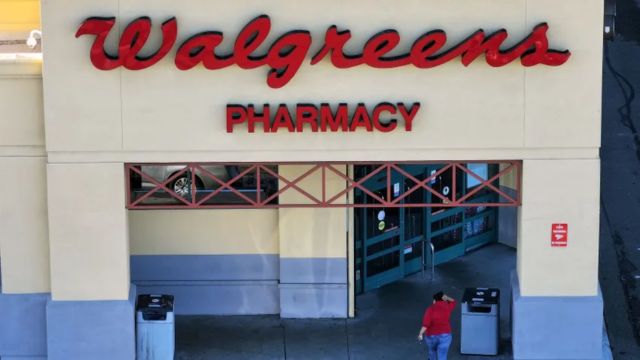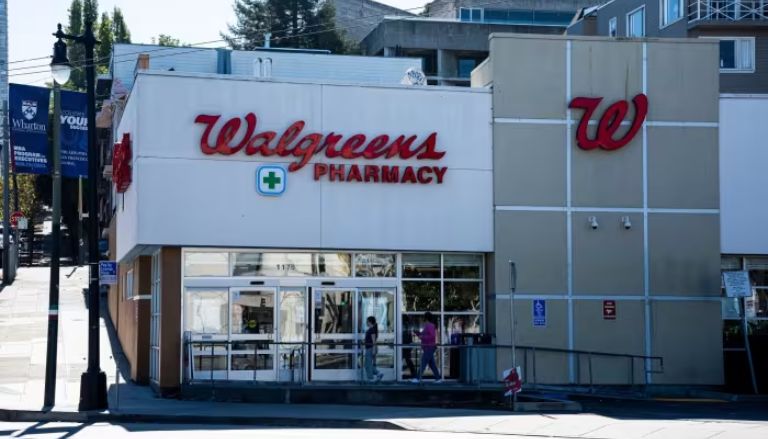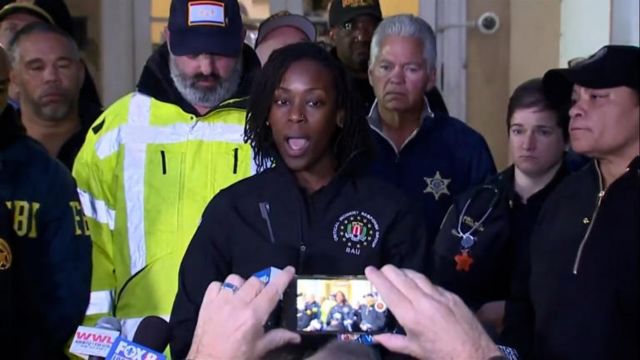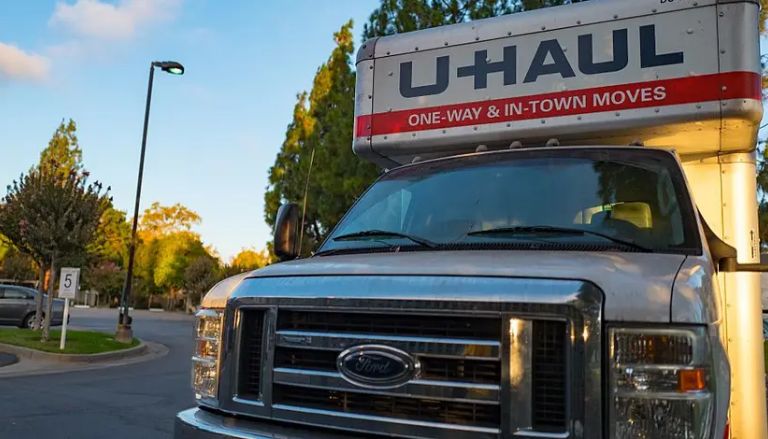DEERFIELD, Ill. — A lawsuit brought this week by the U.S. Justice Department says Walgreens filled millions of prescriptions without a good reason over the last ten years or more, including for dangerous amounts of opioids.
The lawsuit was sent to the U.S. District Court for the Northern District of Illinois. It says that the drugstore chain’s pharmacists filled prescriptions for controlled substances even though there were clear signs that they were probably breaking the law. The lawsuit also says that Walgreens routinely pushed pharmacists to fill prescriptions without checking to see if they were valid.
The lawsuit says Walgreens filled “illegal” prescriptions, which is against the federal Controlled Substances Act, and then tried to get government health care programs to pay for them, which is against the False Claims Act.
With more than 8,000 stores, Walgreens is one of the biggest drugstore chains in the country. In a statement, the company said it stands behind its pharmacists. It said that they would legally fill prescriptions for drugs that have been cleared by the Food and Drug Administration that were written by licensed prescribers with the Drug Enforcement Administration in line with all laws and rules.
The lawsuit also says that Walgreens ignored proof that stores were giving out illegal prescriptions, including proof from its own pharmacists and internal data. Furthermore, it was said to have kept pharmacists from sharing important information, such as warnings about certain prescribers, with each other.
“Walgreens is being sued to make up for the many years it didn’t follow the rules when giving out dangerous opioids and other drugs,” said Principal Deputy Assistant Attorney General Brian M. Boynton, who is in charge of the Justice Department’s Civil Division. “These actions made it possible for millions of opioid pills and other controlled substances to leave Walgreens stores without permission.”
The business said it was asking the court to make it clear what pharmacies and pharmacists are responsible for and to protect them from the government trying to implement “rules” that aren’t in any law or regulation and weren’t made by an official rule-making process.
The company said in a statement, “We will not stand by and let the government put our pharmacists in a no-win situation, trying to follow “rules” that don’t exist.”
The company also said it had been a leader in putting in place the best policies and procedures to help fight opioid abuse and in offering education and resources.
In December, the DOJ sued CVS for the same thing. A spokesperson for that chain said that the claims and what they called a “false narrative” in the lawsuit are not true.

Federal prosecutors have been trying to hold companies responsible for what they say are their parts in the U.S. overdose and addiction disaster. Opioids have been linked to over 80,000 deaths each year in recent years.
Most of those deaths in the last ten years have been caused by illegal fentanyl, which is found in a lot of illegal drugs. Earlier, prescription drugs were the main cause.
In the eight years since the crisis began, drug companies, dealers, and pharmacies have settled with governments for about $50 billion. Most of the money has gone toward fighting the crisis.







Leave a Comment